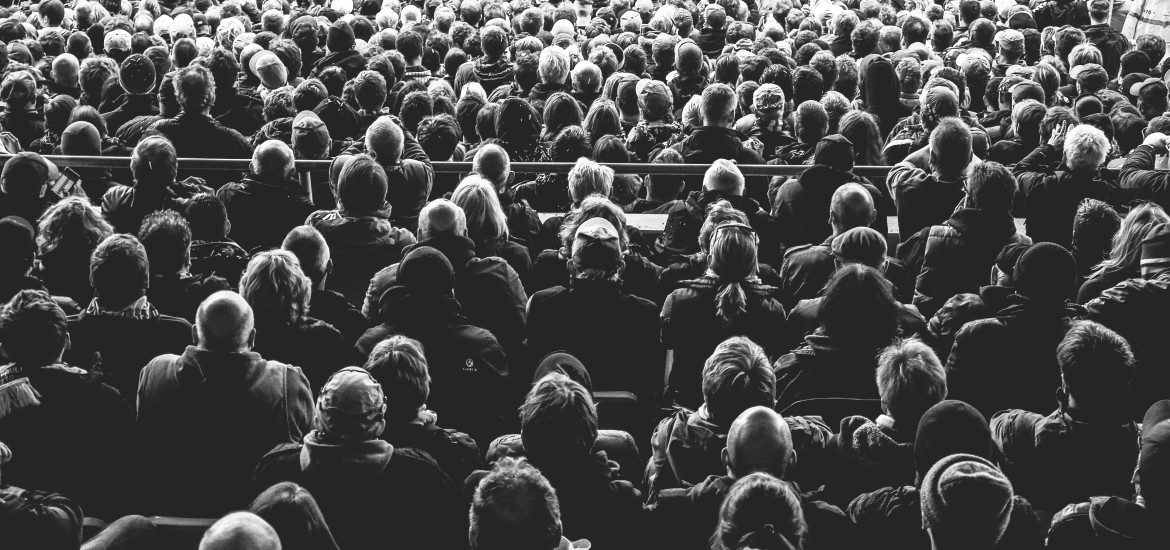Recently, we staged a protest for Jisha, the Dalit rape victim from Kerala.
I have been a part of many such protests till now. Protests, staged for our rights, for the never-ending and ever increasing gender-based violence and discrimination. When I first came to Akshara, a women’s rights organization that has emerged from Indian women’s movement against violence, all of this was new to me. The women-related issues existed only on paper and were discussed within the so-called ‘serious academic circles’ in my University campus. Mumbai University, not being a JNU or DU where protests are a norm, gave me little scope to grasp the need and impact of protests. Had I not taken the decision to partake in Akshara’s noble cause, I would have never learnt to put the theories into practice in the real-life situations.
Anyway, here we were, out in the open, shouting slogans and waving the placards, unperturbed by the looks of disapproval that people were giving us. Our intention was to compel the passers-by to stop, listen and understand the gravity of what had transpired to an innocent girl.
Do such things really make a difference? Eventually I figured out the answer.
True that it is difficult to get people’s attention during small protests and campaigns in a huge city like Mumbai where people literally grapple with the basic necessities. But protests, however small, are a way of condemning the system for its apathy, challenging the existing values that repress us and question the people and the institutions which uphold them. It is a means of letting the society know- “we are angry, we will not compromise, and we want justice right here and right now”. The countrywide protests for Nirbhaya did bring the perpetrators to the law, and gave us the Verma Commission amendments in the IPC. It shook the collective conscience of the middle class populace and accomplished a virtually impossible task of making ‘rape’ a household word. Yes, it was the common man’s agitation that did it!
It’s rare for so many people to identify with the same cause and express solidarity towards it..Yet, protests can do much more than bringing in an immediate change around us. It has a way of liberating your mind. It allows you to cast away your anger, the bitterness you feel against an injustice that happens to or around you. It may or may not make an immediate difference out there- but you know you have made a difference to yourself; that you have an opinion and you have expressed it. Now that you have walked on the street carrying the placards and shouting the slogans, it is difficult to go back and retreat to the silence you came from.
You establish a connection with the ones who participate with you in the protest. You know that all of you have come to fight for the same issue because every single person understands and identifies with the cause. It makes the world more interwoven then we believe it to be. It makes you a little less aloof and brings you closer to the real and pressing issues which continue to exist even as the growing material world tries hard to obviate our views from it.
It is fascinating how, when diverse people and groups protest under the same umbrella, we begin to understand that a single issue, like safety of women can take us to a multitude of other issues, like ending caste based discrimination, LGBT rights and assertion of human rights.
Finally, it gives us a sense of being a part of a thriving democracy. A document sacred than the sacred-most religious book – the Constitution – gives us the right to protest and express ourselves whenever people fail to live up to its values.
Yes, protests are indeed cooler and more meaningful than what meets the eye.






Hi Poornima, nice article. I agree that protesters generally get a bad review from most people who want to get on with their lives. An event which directly does not affect them will not see them breaking their stride. Nowadays most news is terrible and people are inured to violence and tragedy. Glad to read your insight about the method of protest.